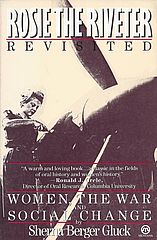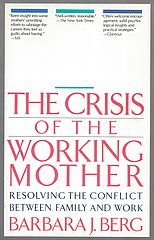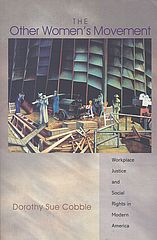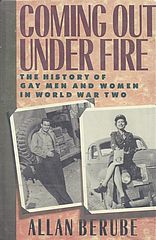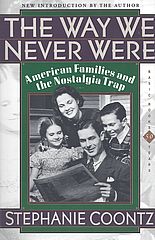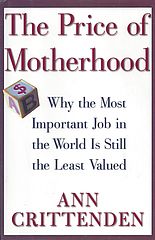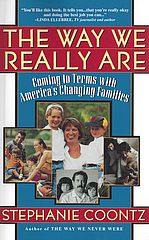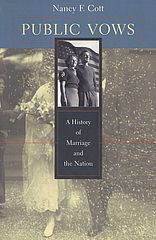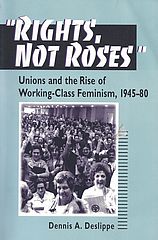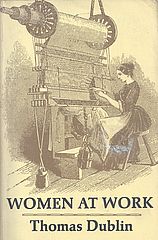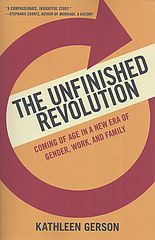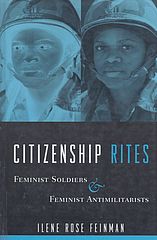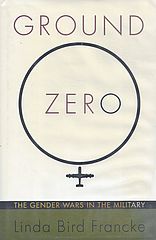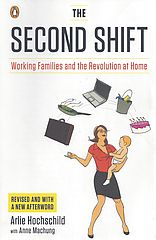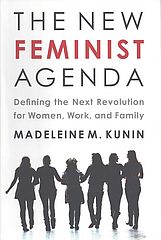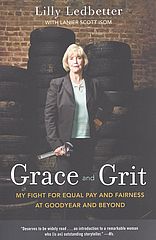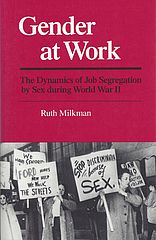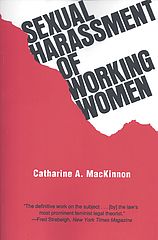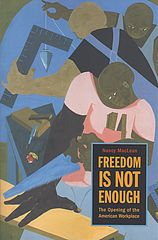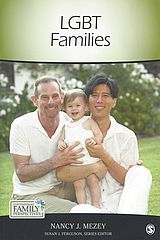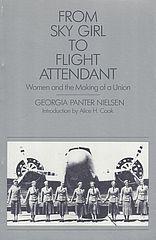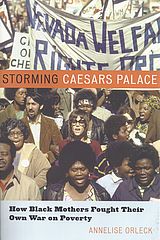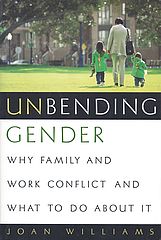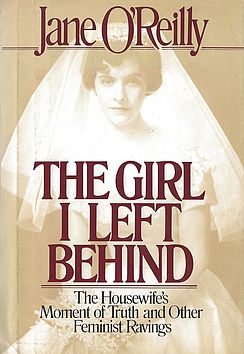Resource Library
Books: Workplace and Family
Listed in alphabetical order by author.
A
Rick Atkinson. The Long Gray Line: The American Journey of West Point’s Class of 1966. Henry Holt, 1989.
B
Barbara J. Berg. The Crisis of the Working Mother: Resolving the Conflict Between Family and Work. Summit Books, 1986.
Sherna Berger Gluck. Rosie the Riveter Revisited: Women, The War and Social Change. Twayne Publishers, 1987.
Jessie Bernard. Academic Women. Pennsylvania State University Press, 1964.
Allan Bérubé. Coming Out Under Fire: The History of Gay Men and Women in World War Two. Macmillan, 1990.
Amy Sue Bix. Girls Coming To Tech! A History of American Engineering Education for Women. MIT Press, 2014.
C
Margaret Chin. Sewing Women: Immigrants and the New York City Garment Industry. Columbia University Press, 2005.
Dorothy Sue Cobble. The Other Women’s Movement: Workplace Justice and Social Rights in Modern America. Princeton University Press, 2004.
Gail Collins. When Everything Changed: The Amazing Journey of American Women from 1960 to the Present. Little, Brown & Co., 2009.
Stephanie Coontz. The Way We Never Were: American Families and The Nostalgia Trap. Basic Books, 1993.
Stephanie Coontz. The Way We Really Are: Coming to Terms With America’s Changing Families. Basic Books, 1998.
Nancy Cott. Public Vows: A History of Marriage and the Nation. Harvard University Press, 2000.
Ann Crittenden. The Price of Motherhood: Why the Most Important Job in the World is the Least Valued. Metropolitan Books, 2001.
F
Ilene Rose Feinman. Citizenship Rites: Feminist Soldiers and Feminist Antimilitarists. New York University Press, 2000.
Natalie M. Fousekis. Demanding Child Care: Women's Activism and the Politics of Welfare, 1940 - 1971. University of Illinois Press, 2011.
Jo Foxworth. Boss Lady: An Executive Woman Talks About Making It. Crowell, 1978.
Linda Bird Francke. Ground Zero: The Gender Wars in the Military. Simon & Schuster, 1997.
Betty Friedan and Brigid O’Farrell. Beyond Gender: The New Politics of Work and Family. Woodrow Wilson Center Press, 1997.
G
Kathleen Gerson. The Unfinished Revolution: Coming of Age in a New Era of Gender, Work, and Family. Oxford University Press, 2010.
Joshua Goldstein. Gender and War: How Gender Shapes the War System and Vice Versa. Cambridge University Press, 2001.
L
Lilly Ledbetter. Grace and Grit: My Fight for Equal Pay and Fairness at Goodyear and Beyond. Random House, 2012.
Susan Rimby Leighow. Nurses’ Questions/Women’s Questions: The Impact of the Demographic Revolution and Feminism on United States Working Women, 1946 - 1986. Peter Lang, 1996.
Oscar Lewis. La Vida: A Puerto Rican Family in the Culture of Poverty. Vintage Books, 1966.
M
Catharine MacKinnon. Sexual Harassment of Working Women. Yale University, 1979.
Nancy MacLean. Freedom Is Not Enough: The Opening of the American Workplace. Russell Sage Foundation, 2006.
Lois K. Merry. Women Military Pilots of World War II. McFarland, 2010.
Nancy Mezey. LGBT Families. SAGE Publications, 2015.
Sonya Michel. Children’s Interest/Mothers’ Rights: The Shaping of America’s Child Care Policy. Yale University Press, 1999.
Ruth Milkman. Gender At Work: The Dynamics of Job Segregation by Sex During World War II. University of Illinois Press, 1987.
Evelyn Monahan and Rosemary Neidel-Greenlee. A Few Good Women: America’s Military Women from World War I to the Wars in Iraq and Afghanistan. Alfred A. Knopf, 2010.
N
Georgia Nielsen. From Sky Girl to Flight Attendant: Women and the Making of a Union. Cornell University, 1982.
S
Sheryl Sandberg. Lean In: Women, Work and the Will to Lead. Knopf, 2013.
U
Lauri Umansky. Motherhood Reconceived: Feminism and the Legacies of the Sixties. New York University Press, 1996.
W
Alice Walker. The Way Forward is with a Broken Heart. Random House, 2000.
Joan Williams. Unbending Gender: Why Family and Work Conflict and What to Do About It. Oxford University Press, 2000.
Nancy Woloch. A Class By Herself: Protective Labor Laws for Women Workers, 1890s-1990s. Princeton University Press, 2015.
How to Navigate our Interactive Timeline
You will find unique content in each chapter’s timeline.
Place the cursor over the timeline to scroll up and down within the timeline itself. If you place the cursor anywhere else on the page, you can scroll up and down in the whole page – but the timeline won’t scroll.
To see what’s in the timeline beyond the top or bottom of the window, use the white “dragger” located on the right edge of the timeline. (It looks like a small white disk with an up-arrow and a down-arrow attached to it.) If you click on the dragger, you can move the whole timeline up or down, so you can see more of it. If the dragger won’t move any further, then you’ve reached one end of the timeline.
Click on one of the timeline entries and it will display a short description of the subject. It may also include an image, a video, or a link to more information within our website or on another website.
Our timelines are also available in our Resource Library in non-interactive format.
Timeline Legend
Yellow bars mark entries that appear in every chapter
This icon indicates a book
This icon indicates a film
1971 The Click! Moment
The idea of the “Click! moment” was coined by Jane O’Reilly. “The women in the group looked at her, looked at each other, and ... click! A moment of truth. The shock of recognition. Instant sisterhood... Those clicks are coming faster and faster. They were nearly audible last summer, which was a very angry summer for American women. Not redneck-angry from screaming because we are so frustrated and unfulfilled-angry, but clicking-things-into-place-angry, because we have suddenly and shockingly perceived the basic disorder in what has been believed to be the natural order of things.” Article, “The Housewife's Moment of Truth,” published in the first issue of Ms. Magazine and in New York Magazine. Republished in The Girl I Left Behind, by Jane O'Reilly (Macmillan, 1980). Jane O'Reilly papers, Schlesinger Library.

